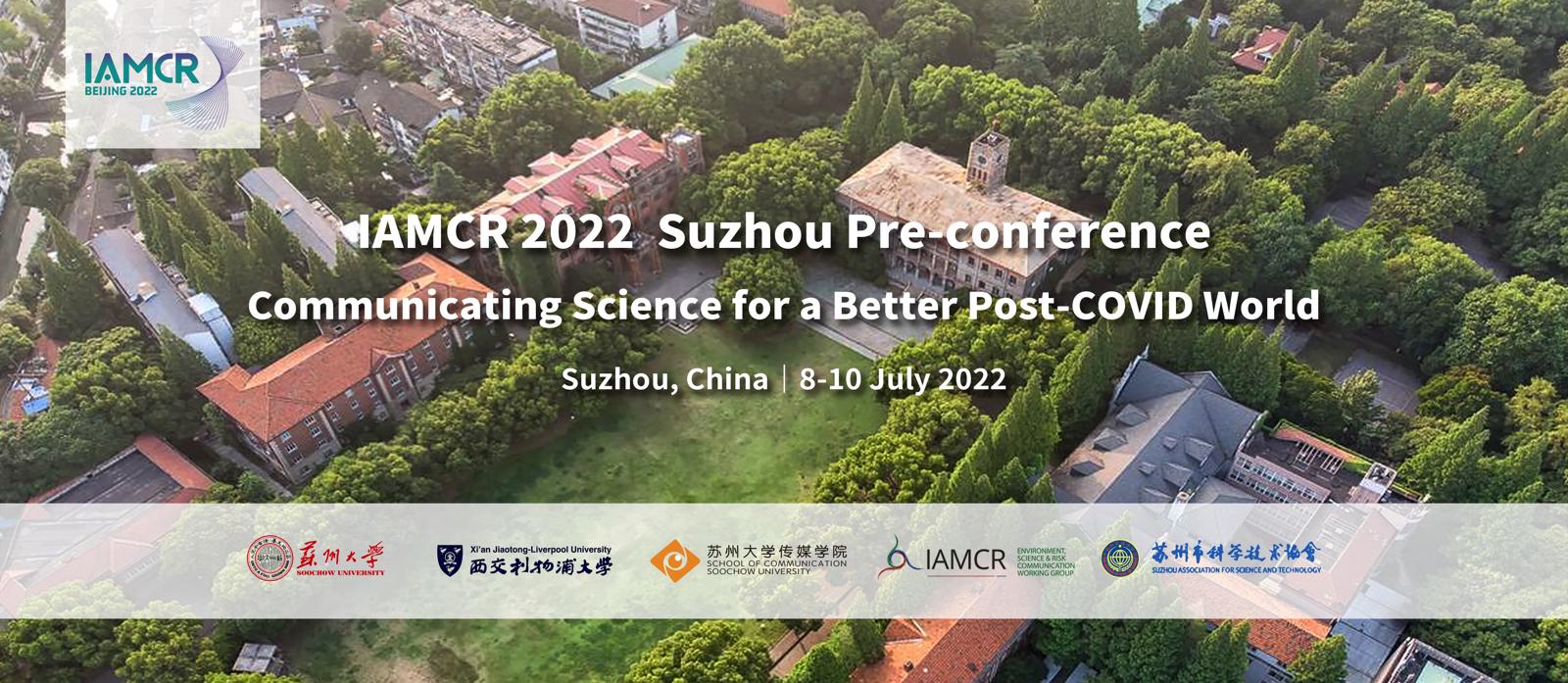Climate change has brought about sea level rise, extreme weather and other problems, bringing serious harm to countries around the world, and an important cause of climate change is carbon emissions. China put forward the carbon peaking and carbon neutrality goals in 2020, advocating a green, environmentally friendly, low-carbon lifestyle. Achieving the goals requires not only the continuous efforts of the government and enterprises, but also the pro-environmental behavior of the public in their daily lives.
Given this, this study attempts to explore the mechanism of media communication influence on pro-environmental behavior for climate change mitigation. The main idea is that after the public is exposed to climate information from different channels, it produces psychological changes through the processing of the information, which then influences the public to develop pro-environmental behavioral intentions and eventually make pro-environmental behaviors.
Based on the theory of planned behavior, this study intends to divide the channels of information dissemination into traditional media and social media, and to consider the changes in attitude and cognition produced by the public after being exposed to information from different channels as the public's processing of information. Based on this, this study constructs a research model of the influence of media communication on individual pro-environmental behavior.The "Traditional media" and "social media" were independent variables, "attitude", "subjective norms", "perceived behavioral control" and "pro-environment behavioral intention" were intermediate variables, "pro-environment behavior" was the dependent variable, and "demography" was the control variable, the questionnaire was developed for distributionand on an online platform. Study uses structural equation modeling methods and SmartPLS 3.0 software to analyze the data. The results show that compared with traditional media, social media can more arouse the public's psychological change and pro-environment behavior intention to climate information, thus leading them to engage in pro-environment behavior. Based on the analysis results, the study proposes corresponding information communication strategies to enhance people's pro-environmental behavior intention and eventually promote their pro-environmental behavior through more effective information dissemination, thereby mitigating climate change.

 京公网安备 11010802039275号
京公网安备 11010802039275号